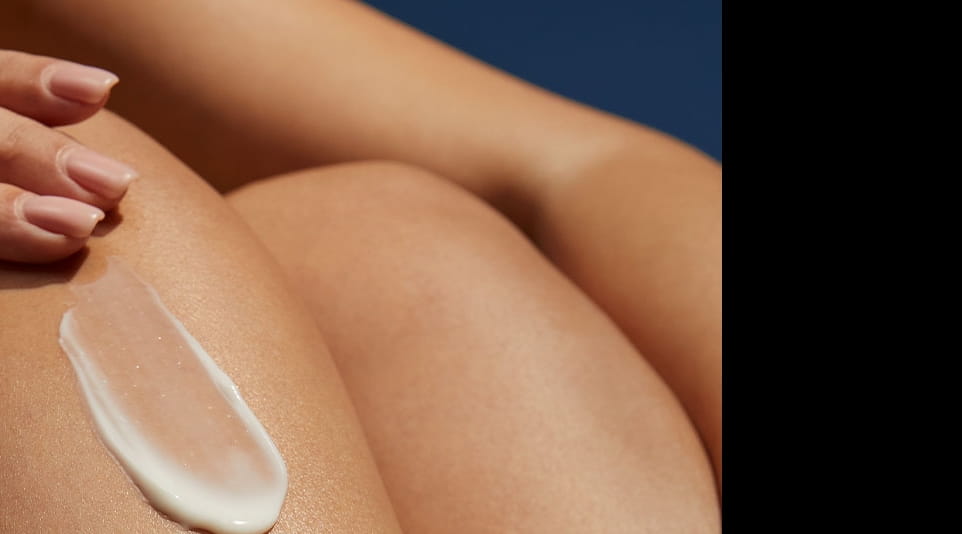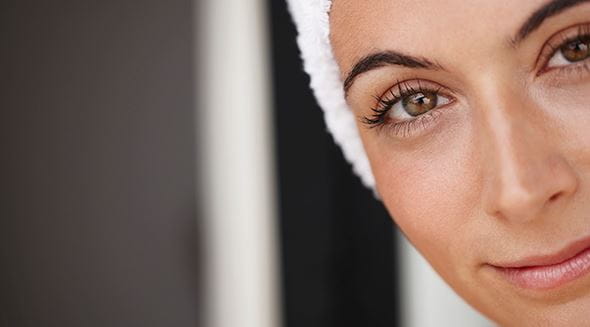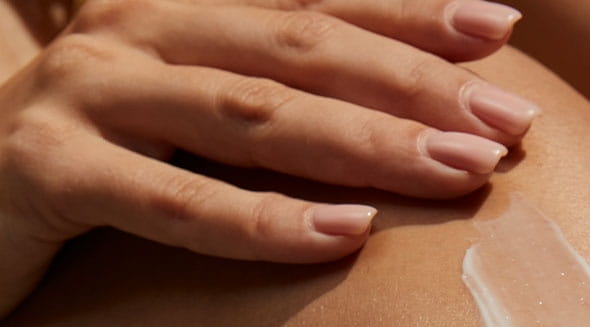Sweating serves to cool down our body and is a vital, completely natural body function.
Antiperspirant is an effective remedy for sweating. Containing aluminum salts such as aluminum chlorohydrate (ACH), it narrows the upper ducts of the sweat glands so that we sweat less. Using anti-perspirant also results in a reduced flow of sweat, meaning less odoriferous soil is available to our odour-causing bacteria. Ultimately, it helps you feel fresh for longer!
What is the difference between a deodorant without aluminum and an antiperspirant?
Often, the term deodorant is used in a generic sense. However, an antiperspirant (deodorant with aluminum) and a deodorant (deodorant without aluminium) are in fact different. Here’s why…
Deodorants without aluminum contain fragrances as well as antimicrobial substances and care additives. They primarily help to fight sweat odour by inhibiting the multiplication of bacteria.
Antiperspirants contain aluminum salts as well as antibacterial, fragrant and nourishing ingredients. So in addition to fighting sweat odour, they can also reduce sweating.







